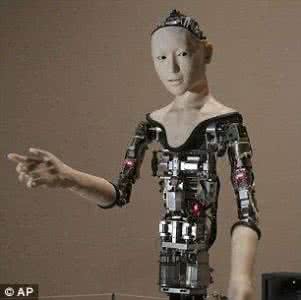The design of complex self-organising systems producing life-like phenomena, such as the open-ended evolution of virtual creatures, is one of the main goals of artificial life. Lenia, a family of cellular automata (CA) generalizing Conway's Game of Life to continuous space, time and states, has attracted a lot of attention because of the wide diversity of self-organizing patterns it can generate. Among those, some spatially localized patterns (SLPs) resemble life-like artificial creatures and display complex behaviors. However, those creatures are found in only a small subspace of the Lenia parameter space and are not trivial to discover, necessitating advanced search algorithms. Furthermore, each of these creatures exist only in worlds governed by specific update rules and thus cannot interact in the same one. This paper proposes as mass-conservative extension of Lenia, called Flow Lenia, that solve both of these issues. We present experiments demonstrating its effectiveness in generating SLPs with complex behaviors and show that the update rule parameters can be optimized to generate SLPs showing behaviors of interest. Finally, we show that Flow Lenia enables the integration of the parameters of the CA update rules within the CA dynamics, making them dynamic and localized, allowing for multi-species simulations, with locally coherent update rules that define properties of the emerging creatures, and that can be mixed with neighbouring rules. We argue that this paves the way for the intrinsic evolution of self-organized artificial life forms within continuous CAs.
翻译:设计产生类生命现象的复杂自组织系统是人工生命的主要目标之一。Lenia是一种细胞自动机(CA)家族,将Conway的生命游戏推广到连续的空间、时间和状态,因其能够产生广泛的自组织模式而备受关注。其中,一些空间局部化模式(SLP)类似于类生命体和显示复杂行为。但是,这些生物只存在于特定的更新规则中,因此无法在相同的环境中交互,而且它们只存在于Lenia参数空间的一个小的子空间中,不易发现,需要先进的搜索算法。本文提出了一种能够解决这两个问题的质量守恒Lenia的扩展,称为Flow Lenia。我们进行了实验,证明了其有效性,生成了具有复杂行为的SLP,并展示了可以优化更新规则参数以生成感兴趣的SLP。最后,我们展示了Flow Lenia如何将CA更新规则的参数集成到CA动力学中,使其具有动态性和局部性,这使得可以进行多种物种的模拟,各局部上下文的规则定义了正在发展的生物的属性,并且可以与相邻的规则混合。我们认为,这为在连续的CA内本质地演化出自组织的人工生命形式铺平了道路。


